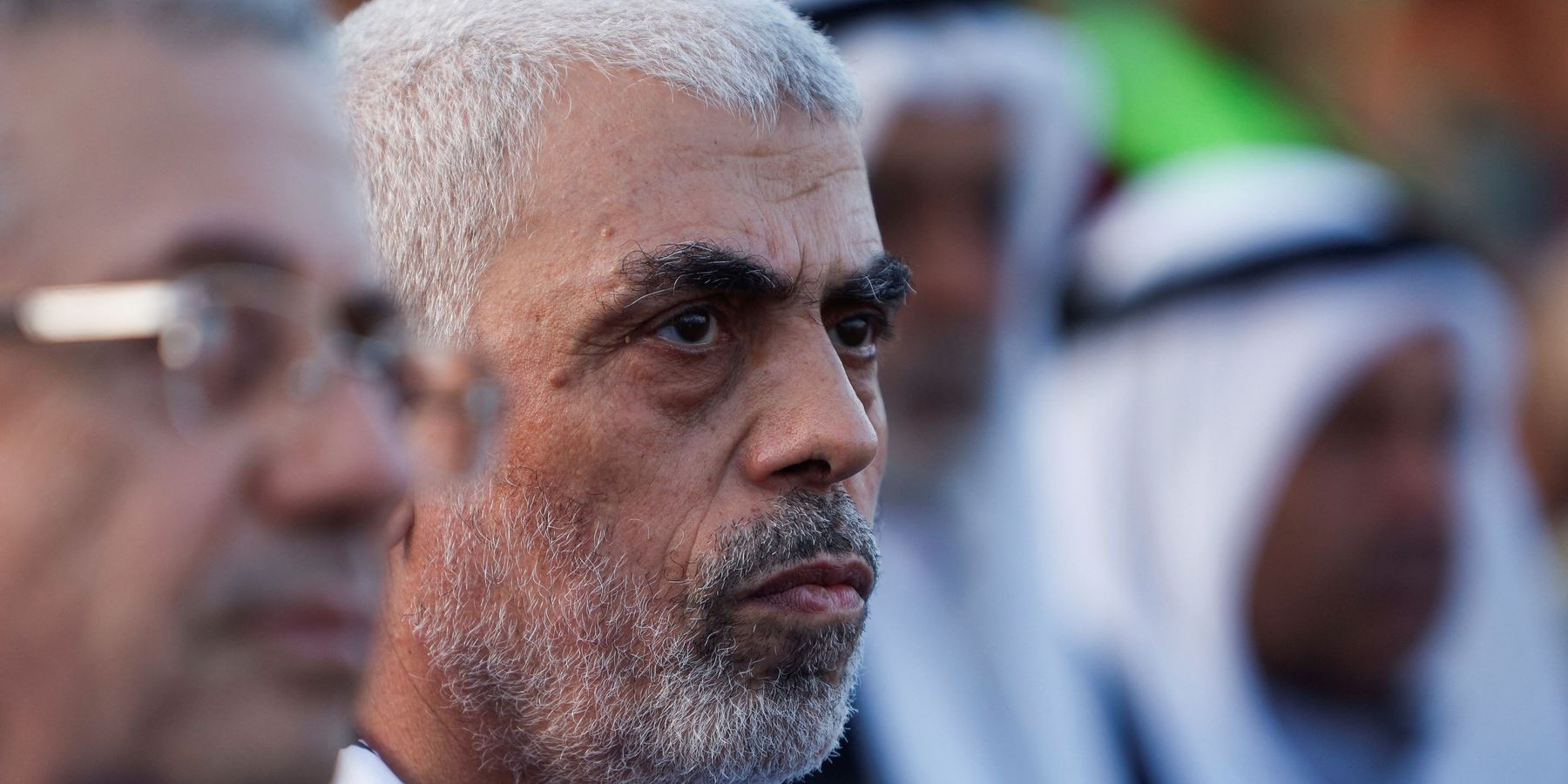Yahya Sinwar’s death, which was confirmed by Israeli authorities Thursday, was long anticipated. Within Gaza, he was one of three key targets; the other two, Mohammad Deif and Marwan Issa were killed months ago.
Sinwar will be remembered by some as an inspired, defiant champion of Palestinian rights, by others as a false prophet and by still others as a bloodstained villain. The one aspect of his role in the 100-year war over Palestine, to paraphrase Rashid Khalidi’s book title, that most will agree upon, is that he failed to understand not only his adversary, but also his friends. He believed, among other things, that his October 7 attack would precipitate Israel’s collapse and that others in the Axis of Resistance would coordinate serious attacks against Israel with his own.
He timed his “big project,” as its planners called it, to exploit civil discord in Israel over Benjamin Netanyahu’s effort to hamstring the country’s Supreme Court and subordinate it to the will of the right-wing legislature. Netanyahu’s gambit spurred massive demonstrations against the government and led some in the reserves, including pilots, to declare that they would not serve until the court reform measure was shelved.
Sinwar interpreted this unrest as cracks in the foundation of the Israeli state. In the very long run he might well prove to have been right. But he was very wrong to think that these cracks could be widened by the big project. Indeed, Sinwar’s assault on Israel and the taking of hostages, was not the wedge he thought it would be, but rather the cement that instantaneously sealed the fault lines.
Sinwar united a factionalized society, reminded them of the rationale for their state and the dark history preceding it.
The result was an all-out war on Hamas. Traumatized Israelis, humiliated and scandalized by an historic intelligence failure, quickly coalesced in favor of a scorched-earth response and Netanyahu’s aim of total victory. And it was understood that as of October 7, Sinwar was dead, if unburied. Sinwar’s hubris triggered a massive assault that eviscerated Gaza’s civilian population and was — is — apparently replete with war crimes related to Israel’s failure to protect Gaza’s civilian population from attack, the targeting of humanitarian agencies, and the failure to ensure that Palestinian noncombatants had adequate access to food, water, and medical care.
Sinwar’s colossal misperception also led to Hezbollah's involvement, which to the grief of both Gazans and Lebanese, was too trivial to fulfill Sinwar’s expectations, but too much for Israel to ignore, as it emptied northern Israel of its inhabitants. This in turn brought Israel and Iran into direct conflict and threatened the escalation of a regional war. And it is undeniably regional — as Houthis increasingly target U.S. vessels in the Red Sea, the U.S. deploys B-2 bombers from Missouri to drop bunker busters on deeply buried installations in Yemen, and the Israelis bomb Yemen’s only port for the transfer of humanitarian assistance.
Sinwar understood well enough that many ordinary Gazans would die in furtherance of his vision of victory. In this, he evidently confused himself with Vo Nguyen Giap, who likewise understood that many Vietnamese would die, particularly in vast U.S. air raids on the North, but was correct in assessing that this would weaken the U.S. internationally, legitimize his campaign to destroy South Vietnam, and unify the country under Hanoi’s rule.
But North Vietnam had a powerful ally, a population many times the size of Gaza’s, a much larger land area, and a highly mobilized society and powerful army. And his adversary to the south was, unlike Israel, fatally divided against itself.
The question for both the Palestinians and Israelis is what happens next. If the two are smart, Sinwar’s successors will offer to release all the remaining hostages, dead and alive, in exchange for an immediate ceasefire and a massive influx of humanitarian aid. The Israelis would be well-advised to declare victory and accept such an arrangement.
The Biden administration, and presumably Vice President Harris, have signaled that Netanyahu’s government is skating on thin ice. The prime minister might calculate that he need only wait a few weeks for a president-elect Donald Trump and therefore pocket Sinwar’s death and carry on with business as usual. This might be a good bet.
But hedging might be a better bet, and that would mean using Sinwar’s death as a face-saving way to manage White House pressure.
















